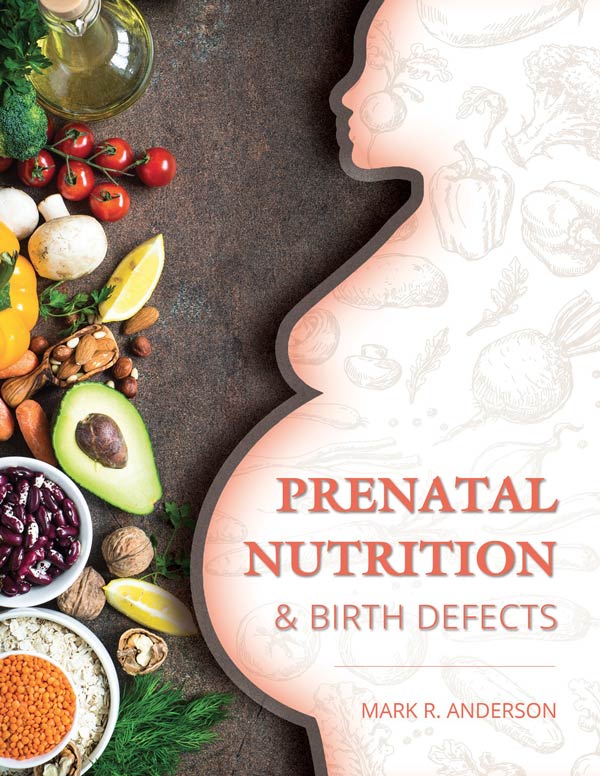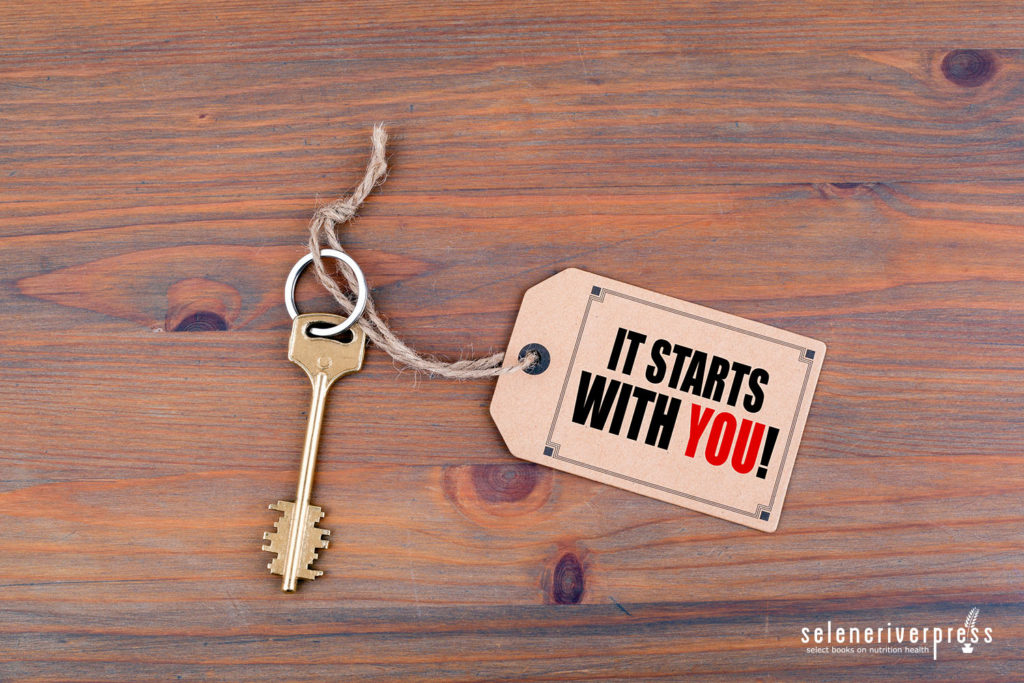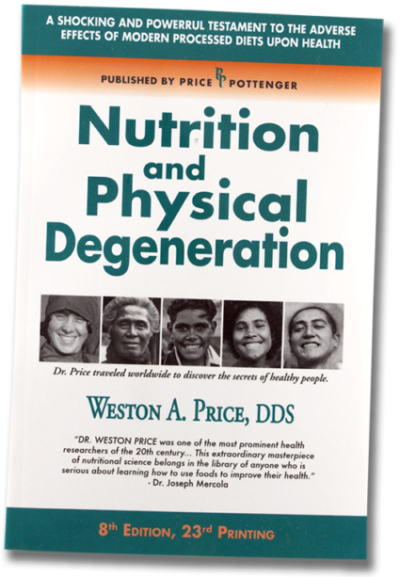If you regularly check out websites like SRP, chances are pretty good that you’re looking for answers of some kind. Maybe you’ve been given a diagnosis that you want to know more about. Or perhaps a loved one has been told they need to make some lifestyle changes before it’s too late.
No matter what brought you here, you’re on the verge of learning all about this month’s self-health habit: Take your self-health education seriously. Part of this habit is not believing everything you read. When you come across a tidbit of information on a topic such as cholesterol, for example, consider whether or not it sounds like the whole story. If not, seek out different perspectives and ask specific questions to round out your knowledge.
When you consider the state of our country’s health at the moment, it’s hard to just sit back and go with the status quo. There are some tough questions we all need to ask ourselves. Here are just a few, along with some reliable resources that may help you answer them.
How did we get to this point in our nation’s health?
Nutrition and Physical Degeneration by Weston A. Price, DDS. Perhaps no other book is better for answering this question. In this seminal resource, Dr. Price chronicles his travels around the world studying the diets and health of traditional cultures. And in all of them he found the same devastating impact of moving from a traditional diet of whole foods to the “civilized” diet of the Western world— nutritional deficiencies. Tragically, Dr. Price also points out that these deficiencies go on to impact future generations as well.
“Sugar Industry Lies About Fat and Heart Disease.” Sometimes big food money wins out over the well-being of the general population. This may not be what you want to hear, but it’s true all the same. This article documents just one such scenario.
“124 Ways Sugar Ruins Your Health.” We eat far too much sugar. But oddly enough, if you attempt to eat less of it or hold back on feeding it to your little ones, you’re often ostracized. Read this article (one of hundreds of free resources available from the SRP Historical Archives) to learn more about the many, many reasons you shouldn’t care what other people think of your choice to quit or at least limit your sugar intake.
What’s really the best first food for babies?
Super Nutrition for Babies by Katherine Erlich and Kelly Genzlinger. This book doesn’t just give you a list of what—and when—you should be feeding your baby. The authors also address the why, offering solid (pun intended) information, tips, and encouragement on making sure your baby gets the best nutritional start on the block.
Prenatal Nutrition and Birth Defects by Mark R. Anderson. This slim but deeply informed booklet compiles a wealth of information about prenatal nutrition and health all in one place. If you’ve been wondering about the long-term impact of nutritional deficiencies on your baby, Anderson will leave you wondering no more.
“Nourishing Healthy Babies: First Real Foods” by Monica Corrado. Share your newfound wisdom with a mom-to-be in your life by giving her this lovely reference chart. It’s educational but not overwhelming, and the whimsical illustrations make for clever artwork in the kitchen.
Who knows best what’s right for you and your health?
The short answer is you—but here are some resources and tips to help you figure it all out:
“Nutrition in Health and Disease” by Sir Robert McCarrison, MD. This 1936 article from the SRP Historical Archives is a master course on the basics of nutrition and how it impacts your health. Even back then, it was known that nature never intended for us to nourish ourselves and thrive on processed foods. McCarrison discusses some nutritional basics that are sure to give you a solid foundation. No fad diets here!
Find time to exercise. Movement—you gotta move! There’s no way around the fact that it’s what our bodies are meant to do. Don’t feel restricted by the traditional ideas of what “exercise” is either. The point is to get that heart rate up, use your muscles, and break a sweat. You can do that on the dance floor (aka the living room, at least most of the time), at a martial arts class (the self-defense skills are a bonus), or just getting out there and walking fast.
Gather a healthcare support team. Digging into topics you’re curious about is crucial for your self-health, but seeking out professionals who follow your general philosophy is also hugely beneficial. They can keep you from tripping over your own limited knowledge and help you stay on a health path that’s perfectly tailored for your situation.
Do you have any questions about your health that you want to learn more about? Taking your self-health education seriously has zero side effects and will only leave you feeling more in control of where your health is headed. Guaranteed.
Images from iStock/tumsasedgars.




